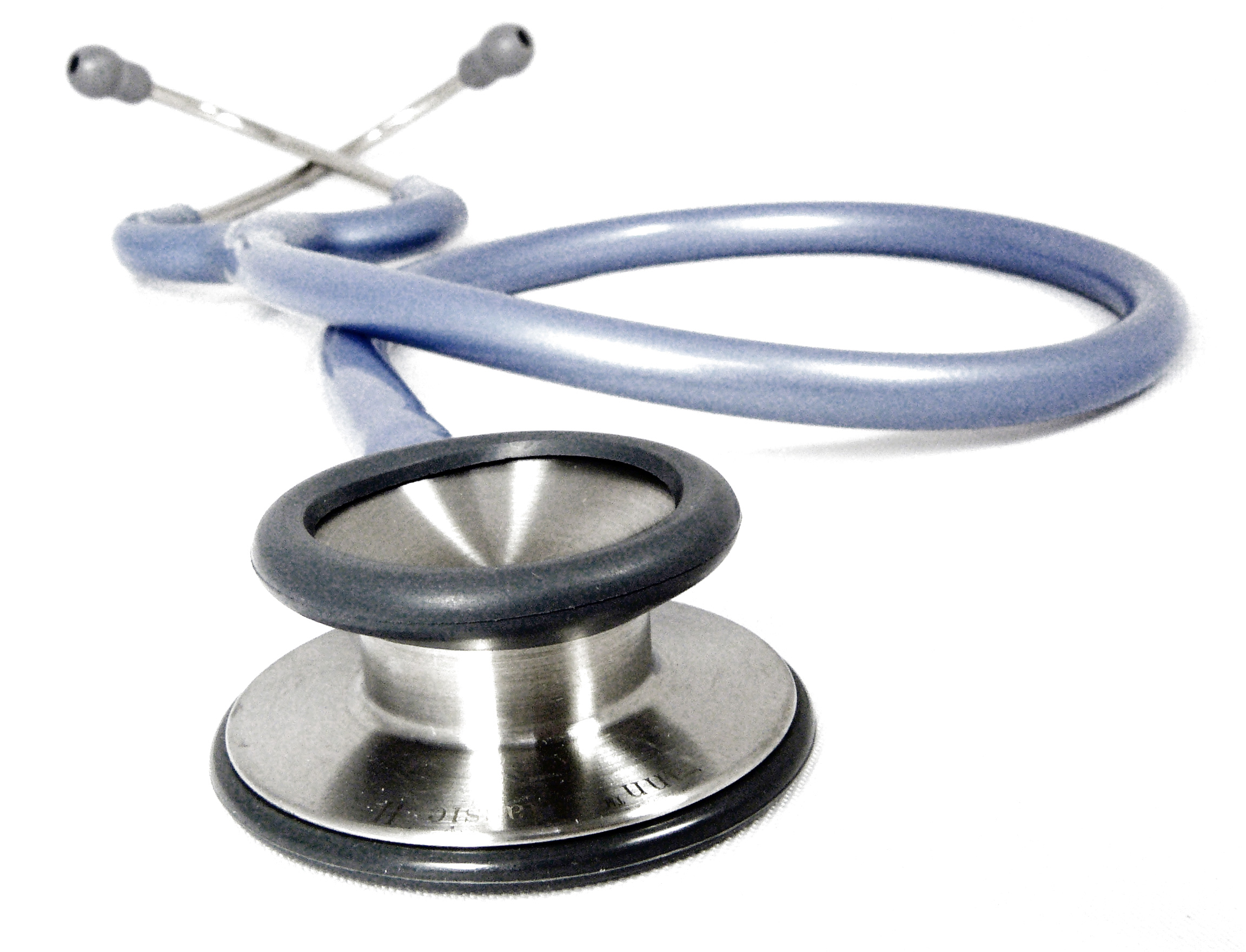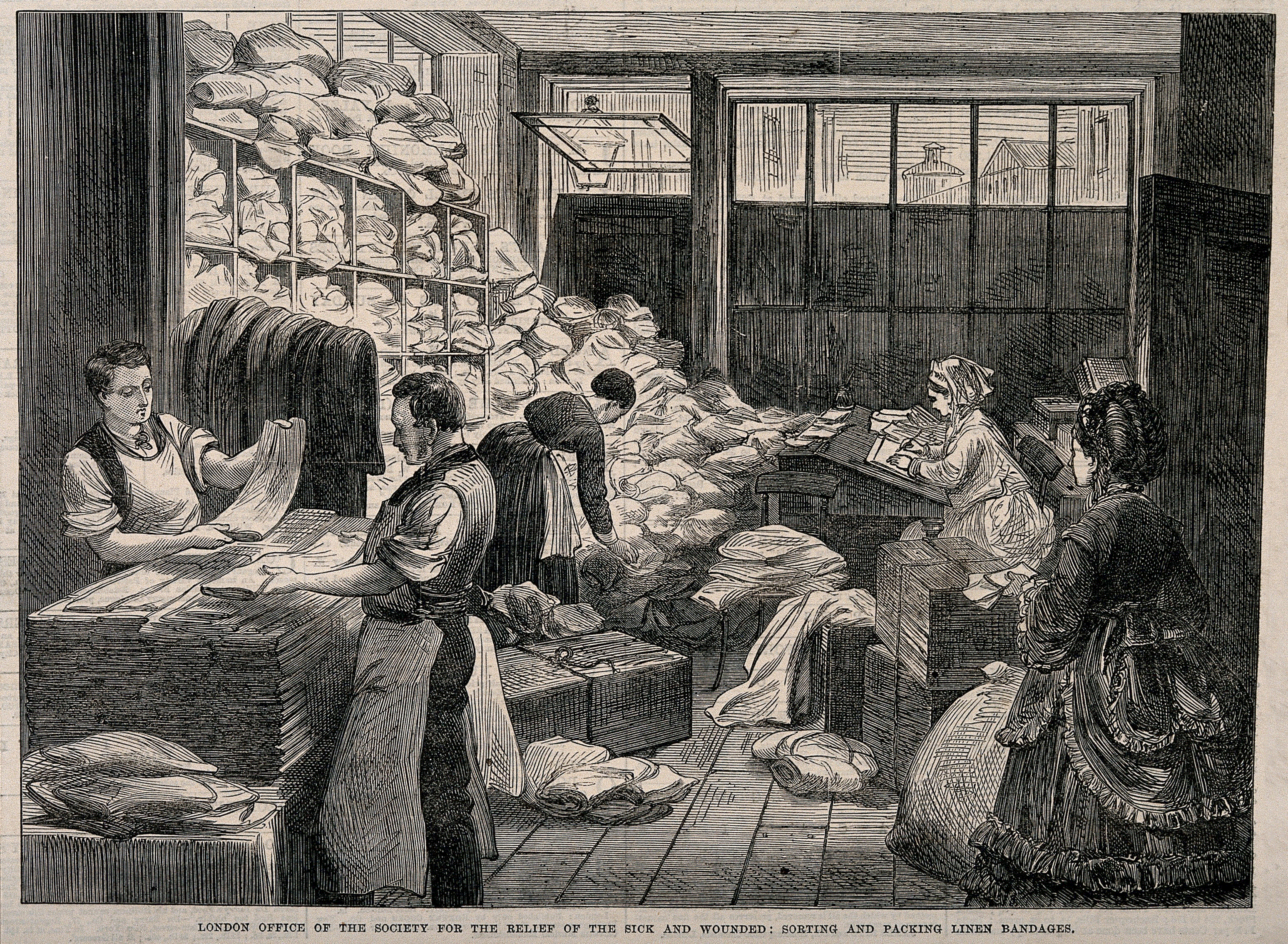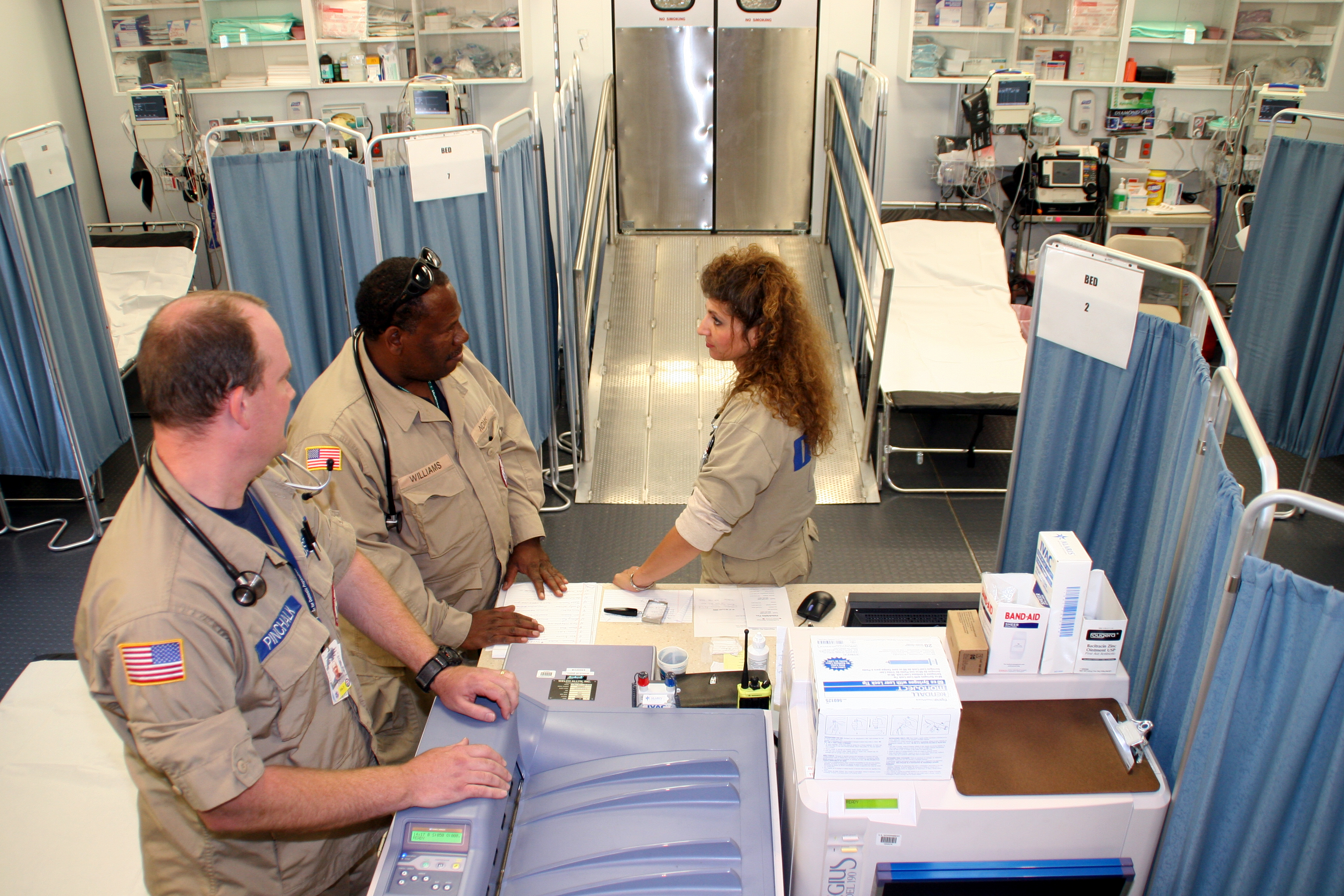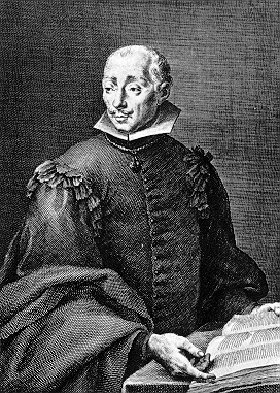|
Healthcare In The United Kingdom
Healthcare in the United Kingdom is a devolution, devolved matter, with England, Northern Ireland, Scotland and Wales each having their own systems of publicly funded healthcare, funded by and accountable to separate governments and parliaments, together with smaller private sector and voluntary provision. As a result of each country having different policies and priorities, a variety of differences have developed between these systems since devolution. * Healthcare in England * Healthcare in Wales * Healthcare in Scotland * Health care in Northern Ireland, Healthcare in Northern Ireland Despite there being separate health services for each country, the performance of the National Health Service (NHS) across the UK can be measured for the purpose of making international comparisons. In a 2017 report by the Commonwealth Fund ranking developed-country healthcare systems, the United Kingdom was ranked the best healthcare system in the world overall and was ranked the best in the ... [...More Info...] [...Related Items...] OR: [Wikipedia] [Google] [Baidu] |
Economist Intelligence Unit
The Economist Intelligence Unit (EIU) is the research and analysis division of the Economist Group, providing forecasting and advisory services through research and analysis, such as monthly country reports, five-year country economic forecasts, country risk service reports, and industry reports. The EIU provides country, industry, and management analysis worldwide and incorporates the former Business International Corporation, a UK company acquired by its parent company in 1986. The EIU has its main offices in four cities—London, New York, Hong Kong and Dubai. Its Managing Director is Robin Bew, formerly the Editorial Director and Chief Economist. Acquisitions Bazian In December 2012, the Economist Intelligence Unit acquired Bazian, which specialises in the analysis and supply of clinical evidence on health services, treatment, and health technologies to assess clinical effectiveness and value for money. Headquartered in London, Bazian was founded by Vivek Muthu and Anna Do ... [...More Info...] [...Related Items...] OR: [Wikipedia] [Google] [Baidu] |
Dentist
A dentist, also known as a dental doctor, dental physician, dental surgeon, is a health care professional who specializes in dentistry, the branch of medicine focused on the teeth, gums, and mouth. The dentist's supporting team aids in providing oral health services. The dental team includes dental assistants, dental hygienists, dental technicians, and sometimes dental therapists. History Middle Ages In China as well as France, the first people to perform dentistry were barbers. They have been categorized into 2 distinct groups: guild of barbers and lay barbers. The first group, the Guild of Barbers, was created to distinguish more educated and qualified dental surgeons from lay barbers. Guild barbers were trained to do complex surgeries. The second group, the lay barbers, were qualified to perform regular hygienic services such as shaving and tooth extraction as well as basic surgery. However, in 1400, France made decrees prohibiting lay barbers from practicing all t ... [...More Info...] [...Related Items...] OR: [Wikipedia] [Google] [Baidu] |
Pharmacist
A pharmacist, also known as a chemist in English in the Commonwealth of Nations, Commonwealth English, is a healthcare professional who is knowledgeable about preparation, mechanism of action, clinical usage and legislation of medications in order to dispense them safely to the public and to provide consultancy services. A pharmacist also often serves as a primary care provider in the community and offers services, such as health screenings and immunizations. Pharmacists undergo university or graduate-level education to understand the biochemical mechanisms and actions of drugs, drug uses, therapeutic roles, side effects, potential drug interactions, and monitoring parameters. In developing countries, a diploma course from approved colleges qualifies one for pharmacist role. This is mated to anatomy, physiology, and pathophysiology. Pharmacists interpret and communicate this specialized knowledge to patients, physicians, and other health care providers. Among other licensing ... [...More Info...] [...Related Items...] OR: [Wikipedia] [Google] [Baidu] |
General Practitioner
A general practitioner (GP) is a doctor who is a Consultant (medicine), consultant in general practice. GPs have distinct expertise and experience in providing whole person medical care, whilst managing the complexity, uncertainty and risk associated with the continuous care they provide. GPs work at the heart of their communities, striving to provide comprehensive and equitable care for everyone, taking into account their health care needs, stage of life and background. GPs work in, connect with and lead multidisciplinary teams that care for people and their families, respecting the context in which they live, aiming to ensure all of their physical health and mental health needs are met. They are trained to treat patients to levels of complexity that vary between countries. The term "primary care physician" is used in the United States. A core element in general practice is continuity of care, that bridges episodes of various illnesses over time. Greater continuity with a gen ... [...More Info...] [...Related Items...] OR: [Wikipedia] [Google] [Baidu] |
Scottish Ambulance Service
The Scottish Ambulance Service () is part of NHS Scotland, which serves all of Scotland, Scotland's population. The Scottish Ambulance Service is governed by a NHS Scotland#Special health boards, special health board and is funded directly by the Health and Social Care Directorates of the Scottish Government. It is the sole public Emergency medical services, emergency medical service covering Scotland, Scotland's mainland and islands; providing a paramedic-led Emergency department, accident and emergency service to respond to 999 (emergency telephone number), 999 calls, a patient transport service which provides transport to lower-acuity patients, and provides for a wide variety of supporting roles including air medical services, specialist operations including response to CBRN defense, HAZCHEM or CBRN incidents and specialist transport and retrieval. History In 1948, the newly formed National Health Service (Scotland) Act 1947, Scottish National Health Service (NHS) contracted ... [...More Info...] [...Related Items...] OR: [Wikipedia] [Google] [Baidu] |
St John Ambulance
St John Ambulance is an affiliated movement of charitable organisations in mostly Commonwealth of Nations, Commonwealth countries which provide first aid education and consumables and emergency medical services. St John organisations are primarily staffed by volunteer, volunteer members and funded through their commercial endeavours, government contracts or donations. The associations are supported by the Order of Saint John (chartered 1888), International Secretariat of the Order of St John (based in London) and its national priories. History The first such organisation to be founded was the St John Ambulance Association, which was founded on 10 July 1877 in England to teach first aid in large railway centres and mining districts.''The Difference – newsletter from St John Ambulance'', (Nov 2014) p4 "A Brief History of St John Ambulance" Its first uniformed first-aiders were founded in June 1887 as the St John Ambulance Brigade.M Durrant (1948) ''American Journal of Nursing'' ... [...More Info...] [...Related Items...] OR: [Wikipedia] [Google] [Baidu] |
St Andrews Ambulance Association
St Andrew's First Aid is a Charitable organization, charity based in Scotland. Founded in 1882, St Andrew's Ambulance Association was Scotland's first ambulance service. From 1967, the St. Andrew's Scottish Ambulance Service was the sole contractor for the provision of the ambulance service, until 1974, when the National Health Service (NHS) was reorganised and St Andrew's ambulance role was absorbed into the Scottish Ambulance Service. The St Andrew's association continued as a provider of first aid services and training, changing their trading name. History Formation and early years In 1882, St Andrew's Ambulance Association was formed in Glasgow by a group of local doctors and businessmen who were concerned by the rapid increase in accidents resulting from traffic and modern machinery. First aid and casualty transportation classes were conducted and Scotland's first ambulance was bought by the association in April 1882, which served Glasgow and the surrounding area provid ... [...More Info...] [...Related Items...] OR: [Wikipedia] [Google] [Baidu] |
British Red Cross
The British Red Cross Society () is the United Kingdom body of the worldwide neutral and impartial humanitarian network the International Red Cross and Red Crescent Movement. The society was formed in 1870, and is a registered charity with 10,500 volunteers and 3,500 staff. At the heart of their work is providing help to people in crisis, both in the UK and overseas. The Red Cross is committed to helping people without discrimination, regardless of their ethnic origin, nationality, political beliefs or religion. Queen Elizabeth II was the patron of the society until her death in 2022, and was replaced by her successor King Charles III, who previously served as president between 2003 and 2024. In the year ending December 2023, the charity's income was £331million, which included £32M from government contracts and £34M from government grants. Total expenditure was £323M, of which £246M (76%) of its income delivering its charitable activities. Guiding ethos The mission ... [...More Info...] [...Related Items...] OR: [Wikipedia] [Google] [Baidu] |
Emergency Department
An emergency department (ED), also known as an accident and emergency department (A&E), emergency room (ER), emergency ward (EW) or casualty department, is a medical treatment facility specializing in emergency medicine, the Acute (medicine), acute care of patients who present without prior appointment; either by their own means or by that of an ambulance. The emergency department is usually found in a hospital or other primary care center. Due to the unplanned nature of patient attendance, the department must provide initial treatment for a broad spectrum of illnesses and injuries, some of which may be Medical emergency, life-threatening and require immediate attention. In some countries, emergency departments have become important entry points for those without other means of access to medical care. The emergency departments of most hospitals operate 24 hours a day, although staffing levels may be varied in an attempt to reflect patient volume. History Accident services wer ... [...More Info...] [...Related Items...] OR: [Wikipedia] [Google] [Baidu] |
Primary Healthcare
Primary health care (PHC) is a whole-of-society approach to effectively organise and strengthen national health systems to bring services for health and wellbeing closer to communities. Primary health care enables health systems to support a person’s health needs – from health promotion to disease prevention, treatment, rehabilitation, palliative care and more. It is essential health care that is based on scientifically sound and socially acceptable methods and technology. This makes universal health care accessible to all individuals and families in a community. PHC initiatives allow for the full participation of community members in implementation and decision making. Services are provided at a cost that the community and the country can afford at every stage of their development in the spirit of self-reliance and self-determination.World Health OrganizationDeclaration of Alma-Ata.Adopted at the International Conference on Primary Health Care, Alma-Ata, USSR, 6–12 Septem ... [...More Info...] [...Related Items...] OR: [Wikipedia] [Google] [Baidu] |
General Practitioner
A general practitioner (GP) is a doctor who is a Consultant (medicine), consultant in general practice. GPs have distinct expertise and experience in providing whole person medical care, whilst managing the complexity, uncertainty and risk associated with the continuous care they provide. GPs work at the heart of their communities, striving to provide comprehensive and equitable care for everyone, taking into account their health care needs, stage of life and background. GPs work in, connect with and lead multidisciplinary teams that care for people and their families, respecting the context in which they live, aiming to ensure all of their physical health and mental health needs are met. They are trained to treat patients to levels of complexity that vary between countries. The term "primary care physician" is used in the United States. A core element in general practice is continuity of care, that bridges episodes of various illnesses over time. Greater continuity with a gen ... [...More Info...] [...Related Items...] OR: [Wikipedia] [Google] [Baidu] |






